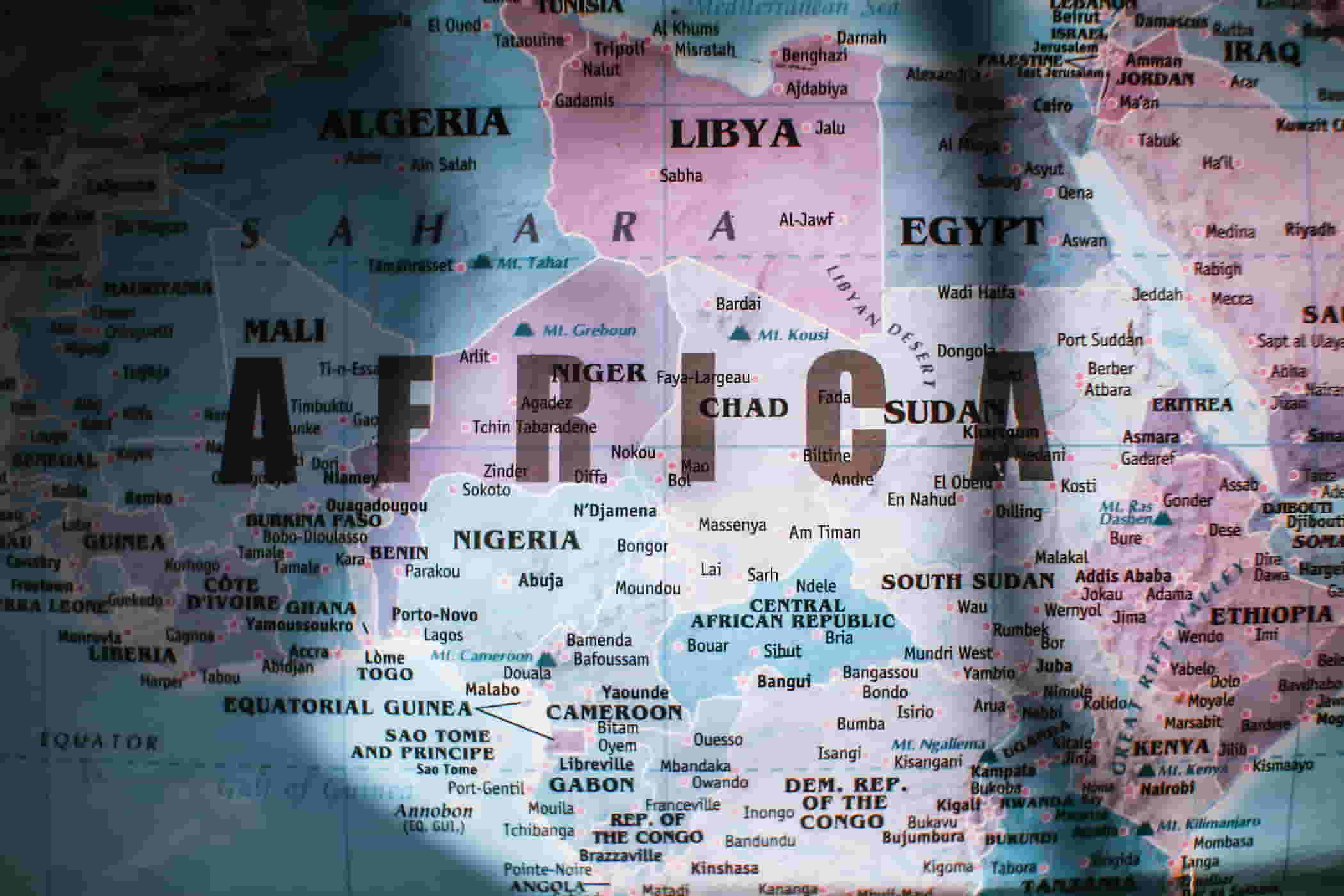
Is There Adequate Access to Clean Water in Rwanda?
Over 11 million people live in Rwanda; however, most Rwandans do not have access to clean water due to drought and poverty.1 Only 57% of Rwandans have easy access to clean water; only 5% of Rwandan households have hand-washing facilities with soap.2 Access to clean water in Rwanda is a significant problem.3
How does clean water benefit families? Here are some examples:
- Health — Drinking clean water and using sanitized and safe water for everyday tasks reduces exposure to harmful diseases and pollutants that cause persistent health issues and sickness. Clean water improves families’ quality of life.
- Productivity — Perpetual health issues like headaches, abdominal pain, diarrhea, fevers and other health issues prevent adults from being productive at work or regularly going to their jobs. Rwanda is a largely impoverished country;3 work is vital to the survival of individuals and their families. Missing hours, days or weeks of work can be economically devastating to a family experiencing poverty.
- Education — Access to clean water and bathroom facilities increases student health and school attendance. Also, if clean water is easily accessible, women and children do not need to spend hours daily collecting water for their families; children can attend school and women can work or complete other tasks.
How can we provide clean water to families in Rwanda?
- Water accessibility — Rwanda is a dry area; accessible clean water is an issue. Drilling wells inside villages, distributing water filters and implementing water source sanitation and monitoring systems provide crucial help to communities in Rwanda.
- Water education — Providing comprehensive education about germs, soap and proper handwashing etiquette decreases the transmission of germs. According to the CDC, handwashing reduces diarrhea-related illnesses by 23-40 percent.4 Hand-washing is a lifesaving practice that prevents germs and disease from spreading.
Millions of people in Rwanda do not have safe or accessible water. However, you can be a part of changing that!
GFA World’s Jesus Wells can be a lifesaving resource for many families. Clean water protects entire communities from dehydration, lack of sanitation and even severe disease. Jesus Wells last up to 20 years, providing water for up to 300 people a day. Consider partnering with GFA World today to help provide more Jesus Wells for communities in need like those in Rwanda.
Learn more about water projects in Africa1 “A Clean 5 Gallons a Day Keeps the Doctor Away: The Water Crisis in Kenya and Rwanda.” American University. Accessed 13 March 2022. https://www.american.edu/cas/economics/ejournal/upload/billman_accessible.pdf.
2 “Water, Sanitation and Hygiene.” UNICEF Rwanda. Accessed 13 March 2022. https://www.unicef.org/rwanda/water-sanitation-and-hygiene#:~:text=In%20Rwanda%2C%20only%2057%20per,the%20majority%20of%20household%20tasks.
3 “Examining Poverty in Rwanda.” The Borgen Project. Accessed 12 March 2022. https://borgenproject.org/poverty-in-rwanda/.
4 “Why Handwashing?” Center for Disease Control and Prevention. Accessed 12 March 2022. https://www.cdc.gov/handwashing/why-handwashing.html.